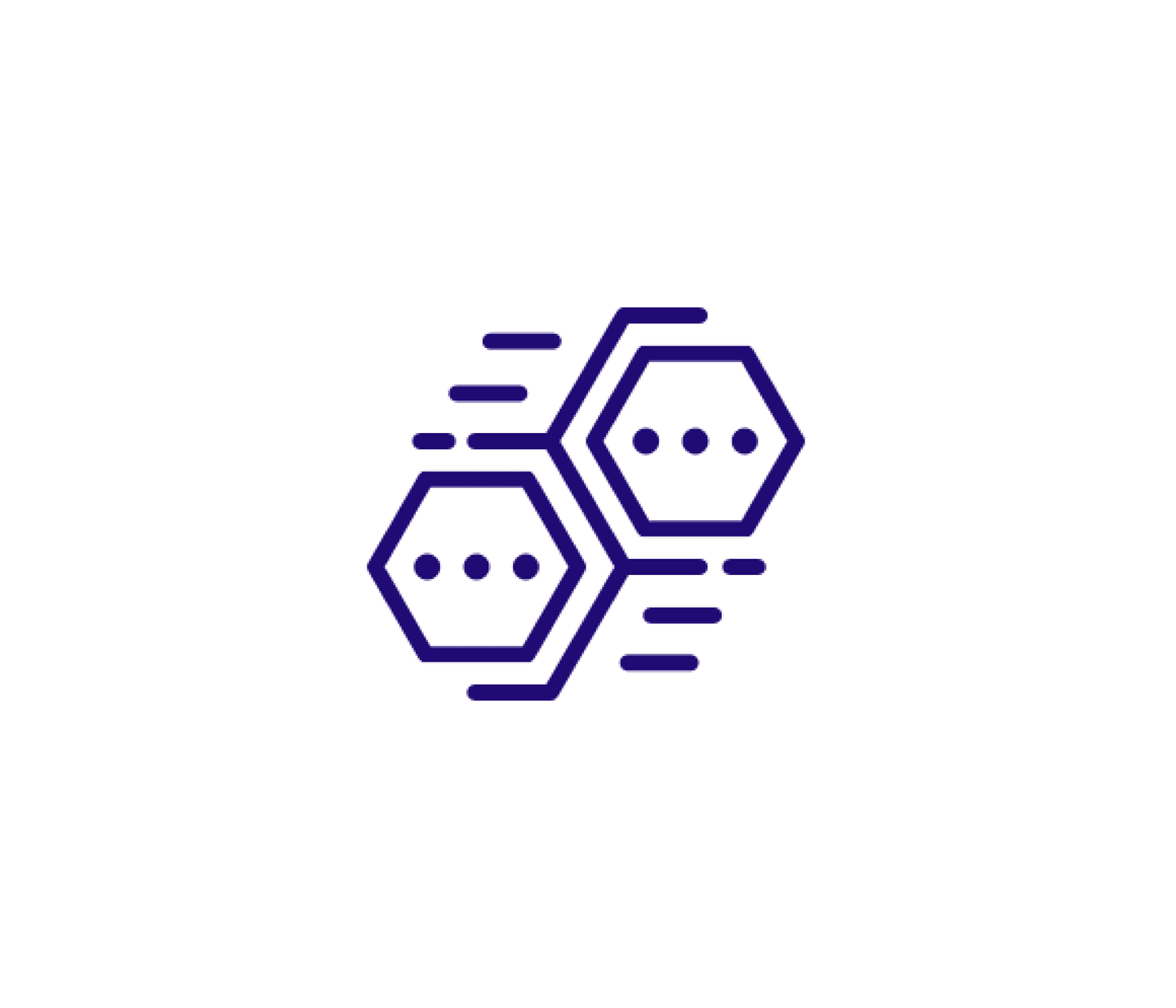Data Science at Futurice
Data is just numbers. To make informed, data-enabled decisions and actions, we need knowledge. At Futurice, our data science consultants help you turn complex data into actionable insights.

With data science, we extract knowledge from data
For years, companies and other organisations have collected and stored vast volumes of data about their business and operations. Recently, many have realized that they are missing out on the full value generation potential of data.
One of the biggest issues is that a lot of it is stored in unstructured form - such as text and images - and can’t be directly used in decision-making. With our Data science consulting, One of the biggest issues is that a lot of it is stored in unstructured form - such as text and images - and can’t be directly used in decision-making.
With our Data science consulting, we provide the tools and methods necessary to extract actionable knowledge from this unstructured data, utilizing it to support your company's decision-making and process automation.
Business value with data science
The key to a successful data science project is ensuring it continuously provides business value. Futurice aligns data science strategy consulting services to your project goals, demonstrating real-world applications and benefits. Here are some examples of how we have applied data science to provide value.

Text analytics
We have trained applications to detect spam, hate speech, and illegal content to stop it before it causes harm. Large collections of text are daunting to understand without any help. Data science tools can identify main topics and trends and extract meaning from text data.

Images (computer vision)
Unleashing the information embedded in images and video feeds enables completely new kinds of applications. We have built applications ranging from face recognition for automated payments and monitoring industrial processes to training self-driving toy cars.

Recommendation systems
We’ve created systems that help users and customers find more content they are interested in.

Process monitoring and predictive maintenance
Early detection of anomalies in industrial processes can alert maintenance staff before problems become serious. Unsupervised learning methods can detect trends and provide insights and alarms when something surprising happens.
What is the right technology stack?
There is no single silver bullet for data science projects - approach and methods vary case by case.

Empowering innovations with cloud platform AI services
By leveraging major cloud platforms and integrating data science implementation consulting, Futurice develops solutions that utilize AI services like image and speech recognition for transformative business results.
We build software on the cloud and effectively employ AI services that cloud platforms provide. We use AWS, Azure, and Google Cloud to process data, train models and to deploy. We have AWS and Azure certified data scientists (... and AWS; Azure, GCP certified specialists) who understand how to use image and speech recognition, text extraction and other cloud tools.
Cloud platforms also serve as platforms for running data science analyses. We prefer to use managed services like AWS Sagemaker/Azure ML Workspace/GCP AI Notebooks. These services also support data scientists in deploying and operating their machine learning models.
We also develop cloud agnostic solutions using Kubeflow for organisations that do not want to be tied with one cloud provider or want to use a hybrid cloud approach to run workloads in multiple cloud environments.
Open source data science tools and custom AI
Sometimes off-the-shelf solutions just don’t cut it - perhaps the right kind of service just isn’t available or you need to integrate an AI feature deep into your application. Our team capitalizes on the open-source landscape to implement bespoke AI applications, ensuring our solutions are perfectly tailored to meet the unique challenges of your projects.
Our experts capitalize on the vast landscape of open source data science tools. We execute data exploration and visualization and implement AI applications using Python, R or other industry-standard languages, with the best ecosystem libraries and tools. If the dataset is small, it can be analyzed and modelled using libraries such as Panda and SciKit-Learn. Larger datasets may require distributed computing on Spark or processing on GPU, with cuDF or similar tools.
Computer vision needs specialized methods. We use both deep convolutional neural networks implemented on Tensorflow and traditional computer vision methods such as local features, depending on the project needs.
Our natural language processing experts can apply word embedding or other deep learning methods to automatically classify or tag text documents. More traditional methods, such as topic models and vector space models, are useful in exploring and searching text datasets.
Partners
Reference cases
Get in touch
Looking for new challenges?
If you are interested in a career in data science, please check out our Careers page and send us an application.











